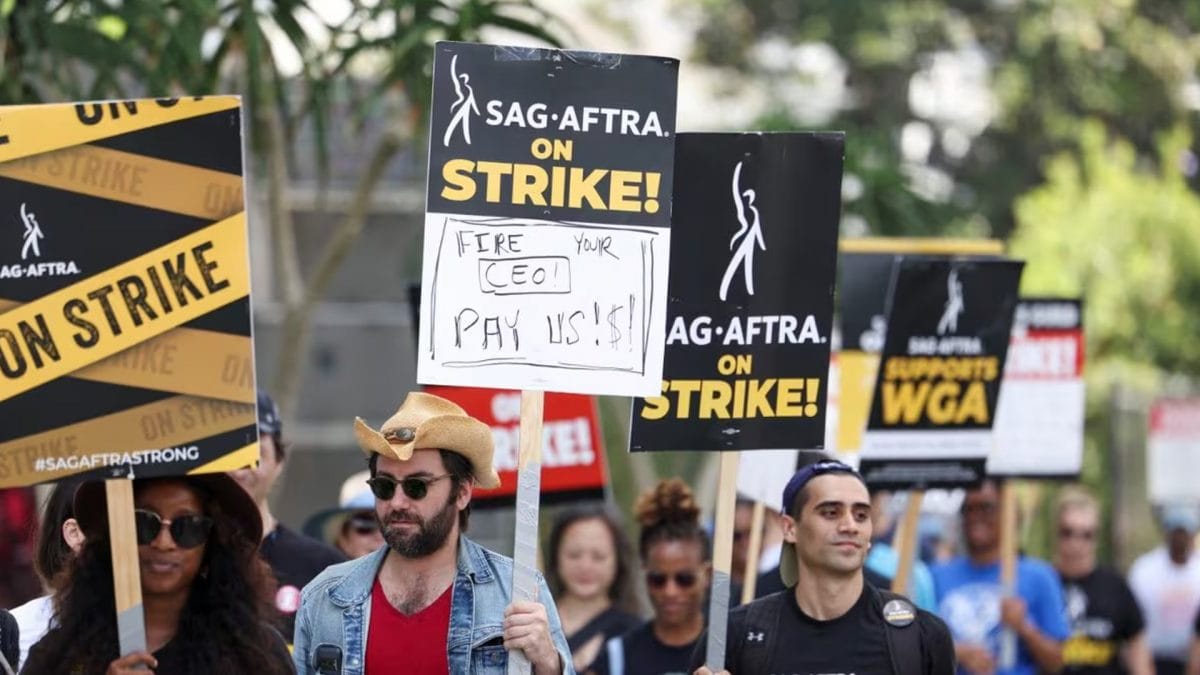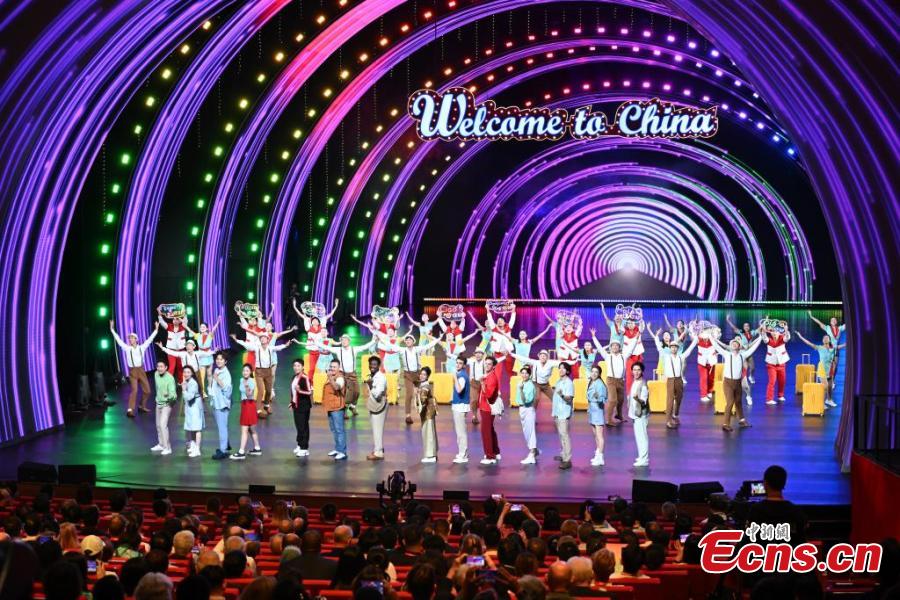
In a significant move to safeguard performers in the digital age, California has passed a new law aimed at protecting actors from unauthorised use of their digital likenesses through artificial intelligence (AI). Governor Gavin Newsom signed Assembly Bill 2602 into law, which will come into effect on January 1, 2025. The legislation mandates that film studios, television producers, and other employers obtain consent before using digital replicas of performers, ensuring that AI technology is not used to replace human actors without their permission.
Another related bill, AB 1836, was also signed, extending similar rights to deceased performers, requiring estates’ consent for the use of AI-generated likenesses. This legislation has been hailed as a critical development in an era where AI is increasingly being used across various industries, including entertainment. The bills have been designed to ensure that both living and deceased performers retain control over how their image and voice are recreated digitally, thus protecting their professional and personal identities from potential misuse.

Key provisions of the AI bill The newly introduced AB 2602, first proposed in April, applies to a broad range of entertainment sectors, including film, television, video games, commercials, audiobooks, and non-union performing roles. This bill mirrors many of the terms that brought an end to the 2023 actors’ strike, which had been held by the Screen Actors Guild – American Federation of Television and Radio Artists (SAG-AFTRA). The union has been a vocal supporter of the legislation, viewing it as a necessary measure to protect the rights of its members in an industry increasingly shaped by digital technology.
One of the central aspects of the bill is that it restricts the use of AI-generated replicas of performers in situations where the actor could have completed the job in person. Furthermore, it requires that contracts explicitly outline how these digital recreations will be utilised, ensuring clarity and fairness. Additionally, contracts signed without legal or union representation are voided, offering further protection to performers who may have unknowingly agreed to unfavourable terms.
The bill defines a digital replica as a computer-generated representation that is identifiable as an individual’s voice or likeness, which may be used in sound recordings, images, audiovisual works, or transmissions. This could apply even if the individual had performed or appeared in the work, but the character of their performance has been significantly altered. Extending protection to deceased performers The passage of AB 1836 further strengthens the rights of actors by expanding posthumous protections.
Under this law, the estates of deceased performers must give consent before their digital replicas can be used. However, some exceptions exist, such as for works of satire, criticism, or certain documentary and biographical projects, ensuring that the law does not impede legitimate artistic expression or historical documentation. These legislative efforts are being viewed as a crucial step towards securing performers’ rights in a rapidly changing digital landscape.
SAG-AFTRA has been especially vocal in celebrating this victory, considering it a major milestone not just for union members but for all actors. The union sees this as an essential safeguard against the unauthorised use of AI technologies that could otherwise lead to exploitation or loss of creative control. A long-awaited victory for actors The bill passed the California State Senate on August 27 with overwhelming support, with only one senator voting against it.
After revisions were made, it returned to the Assembly for final approval, marking a decisive victory for performers. The union president, Fran Drescher, emphasised that this law reinforces the protections gained during the 2023 strike and represents a broader commitment to safeguarding actors from the misuse of AI technology. As AI continues to evolve, California’s proactive stance serves as a model for other regions, demonstrating that legal measures can keep pace with technological advances while ensuring the rights of individuals remain protected.
.














